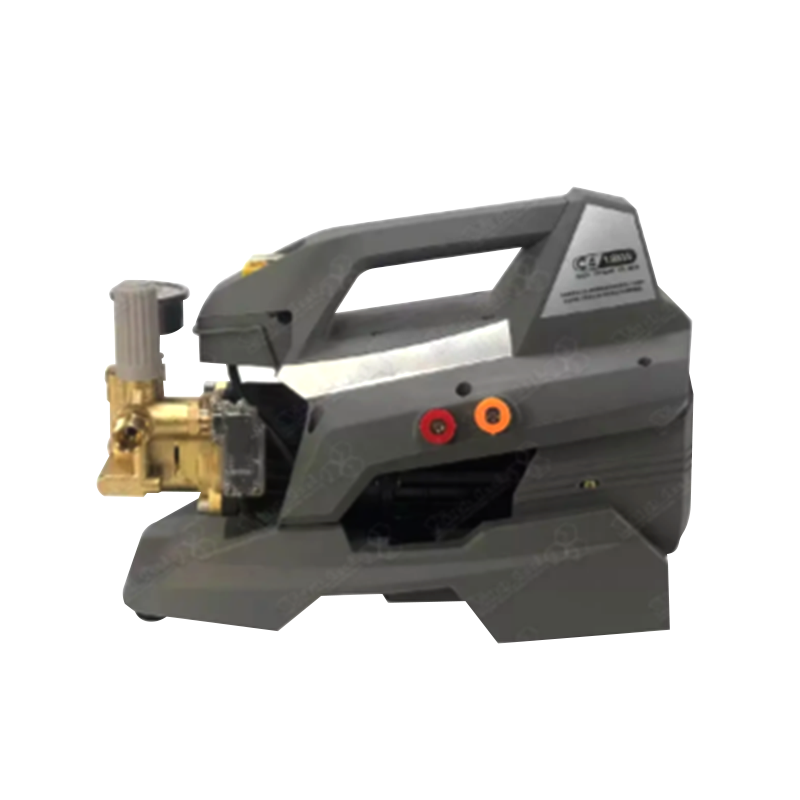What are the key parameters to consider when choosing a pressure washer?
The following key parameters are very important when choosing a pressure washer:
Pressure:
Measured in pounds per square inch (PSI), it indicates the pressure of the water flow. Generally speaking, higher PSI is suitable for more stubborn dirt and surfaces (such as concrete, driveways, etc.), while lower PSI is suitable for lighter cleaning tasks (such as cars, windows, etc.).
Flow Rate:
Measured in gallons per minute (GPM) or liters per minute (LPM), it indicates the speed of the water flow. Higher flow rates can complete cleaning tasks faster and are suitable for cleaning large areas.
Motor Power:
The power of electric pressure washers is usually expressed in kilowatts (kW) or horsepower (HP). Higher power means stronger cleaning ability, suitable for frequent use or occasions requiring high-intensity cleaning.
Pump Type:
Common pump types are reciprocating (Piston) and centrifugal (Centrifugal). Reciprocating pumps are usually suitable for high pressure and high flow requirements, while centrifugal pumps are suitable for lighter cleaning tasks.
Build Material:
Build material affects the durability and weight of the cleaning machine. Common materials include plastic, aluminum, and stainless steel. Durable materials are more suitable for industrial or heavy-duty use.
Additional Features:
Some pressure washers may be equipped with additional features such as adjustable nozzles, automatic shutdown, heating systems (hot water cleaning), and wheels for easy movement and use.
Portability:
The design of the pressure washer should take into account the flexibility of the use site. Lightweight models are usually easier to carry and store.
Noise Level:
The noise level when using a pressure washer may affect the comfort and environment of use. Choosing a low-noise model can reduce interference.
Power Source:
Pressure washers can be electric, fuel, or gas-powered. Electric models are suitable for home use, while fuel models are suitable for outdoor and heavy industrial use.
Price and Warranty:
Choose a suitable model according to your budget and pay attention to the warranty policy to ensure that you can get after-sales support during use.














